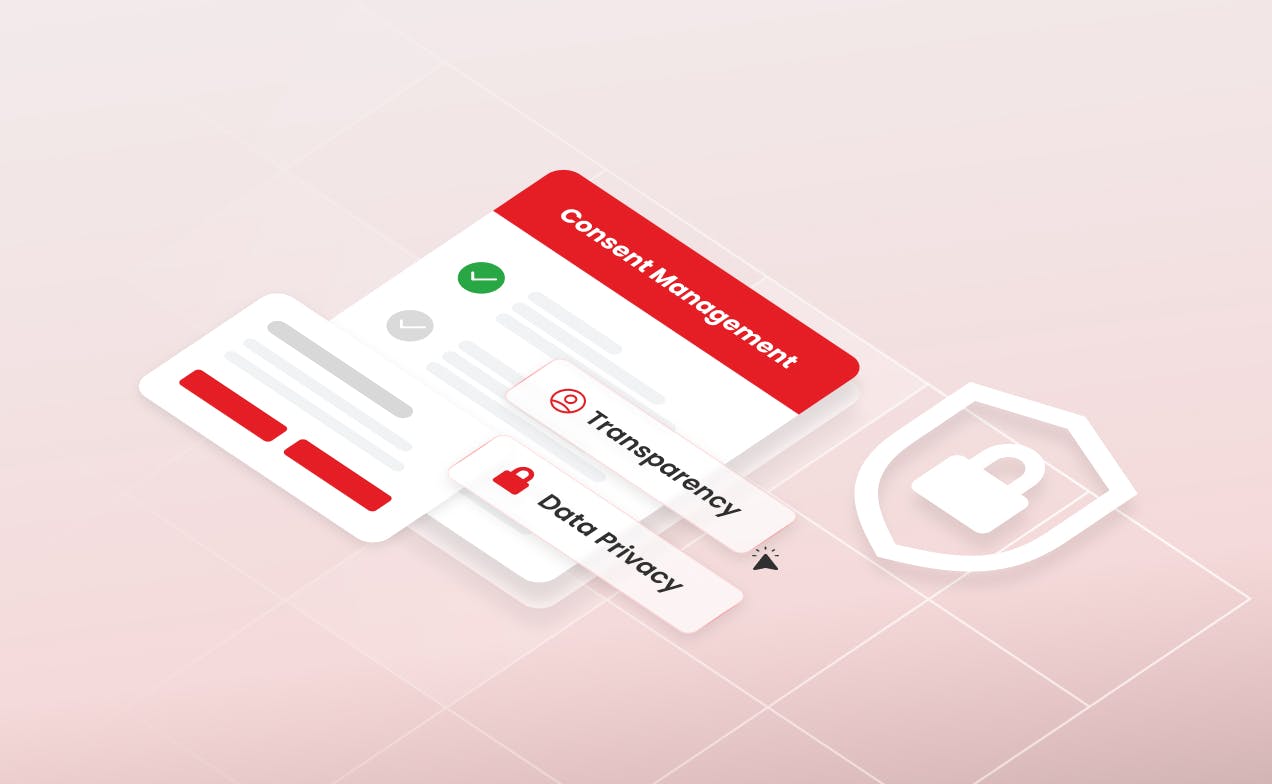
Privacy is collapsing under pervasive data collection, dark patterns, and weak consent practices. Individuals lose autonomy while businesses court legal and reputational risk. True, transparent consent management is non-negotiable—providing control, compliance, and trust. Ethical, purpose-based data use and strong CMPs are now the minimum standard for responsible digital operations.
Privacy isn’t just another right—it’s the bedrock that underpins every other freedom. As Meredith Whittaker, President of Signal, expressed, privacy represents the “norm of private communications that were standard for hundreds of thousands of years of human history…”—a vital incubator for ideas, dissent, and innovation. In a world where surveillance and data collection are practically omnipresent, preserving privacy isn’t optional—it’s existential.
Likewise, in a world where data collection is inevitable, collecting it responsibly and in line with regulations, respecting individual rights, is table stakes for businesses.
The erosion of privacy: Where is consent?
Despite its fundamental importance, privacy is under siege. One of the more deceptive defenses—“nothing to hide”—completely misses the point, according to Philipp Räther, Chief Data Privacy and AI Trust Officer at Allianz. Saying "if you’ve got nothing to hide, why care about privacy?" is exactly the kind of complacent mentality that enables abuse.
The truth is, our data is immensely valuable—so valuable that it’s being collected, auctioned, and algorithmically exploited often without our understanding or explicit permission. The infamous Cambridge Analytica scandal is one illustration of this: 87 million Facebook users had their data harvested without proper consent, and repurposed to sway political messaging—defying transparency and foundational consent principles.
In the mobile world too, many apps engage in third-party tracking, yet fail to obtain consent first—raising serious legal and ethical red flags, especially under GDPR and UK law. This erosion isn’t always intentional—it’s often baked into dark UX patterns. One study found that only ~12% of consentbanner designs met minimal European legal standards. Worse, removing easy opt-outs frontloads consent, boosting acquiescence by over 20 percentage points.
We don’t have to live in a world where privacy is surrendered or compromised by default. Consent management platforms provide the necessary defense—not just for individuals, but for enterprises striving to uphold trust.
Consent management allows people to know exactly:
What data is collected, how it’s used, and
To whom it’s disclosed.
Such transparency respects individual autonomy and promotes informed decision-making. This control isn’t just a legal nicety—it’s a safeguard against the erosion of civil liberties.
Legal compliance
Consent frameworks like GDPR, CCPA, PIPEDA, and others mandate explicit, purpose specific, freely given consent. Consent management platforms (CMPs) help businesses structure, record, and honor consent—minimizing risk and regulatory exposure.
Trust as competitive advantage
According to a recent TechRadar article, 87% of consumers would abandon brands that mishandle personal data. Transparency, data minimization, and consent empowerment aren't just best practices—they deliver stronger loyalty and brand reputation.
Data-driven innovation, rooted in ethical consent management
With purpose-based consent management, organizations can use consented first-party data responsibly for personalization and analytics, enhancing user experience while remaining transparent and compliant.
Operational resilience and compliance
Consent isn’t static. CMPs enable dynamic handling of updates, for example, when users withdraw consent, downstream systems can adapt automatically. This continuous flow ensures policies are enforced throughout the tech stack.
Privacy is fundamentally a human right, and regulations uphold this right. But it is also more than a checkbox exercise and should be woven into the fabric of all modern enterprises. Through a set of consent management best practices, companies can stay on track with respecting data privacy both for compliance and for respecting individual rights:
Transparency and clarity
Businesses should use plain language, concise disclosures, and intuitive dashboards—avoiding empty legalese and dark patterns.
Granular choice
Give users control over specific data categories—analytics, marketing, personalization, etc. rather than bundling consent.
Ease of revocation
GDPR demands that withdrawing consent is no harder than granting it. Respect this principle to maintain trust.
Embed consent into enterprise architecture
Use PIMS standards like ISO/IEC 27701 to embed privacy-by-design across organizational systems, enhancing governance and trust and adopt a comprehensive CMP to manage consent.
While the news about eroding data privacy isn’t good, there is a silver lining in the form of consent management solutions like CookieHub. It's not just about ticking regulatory boxes. It’s about centering individual autonomy, building genuine trust, and safeguarding enterprise reputation. Consent management as a strategic tool will not only satisfy regulatory compliance requirements but will also build the foundation for organizational trust with the people companies serve.